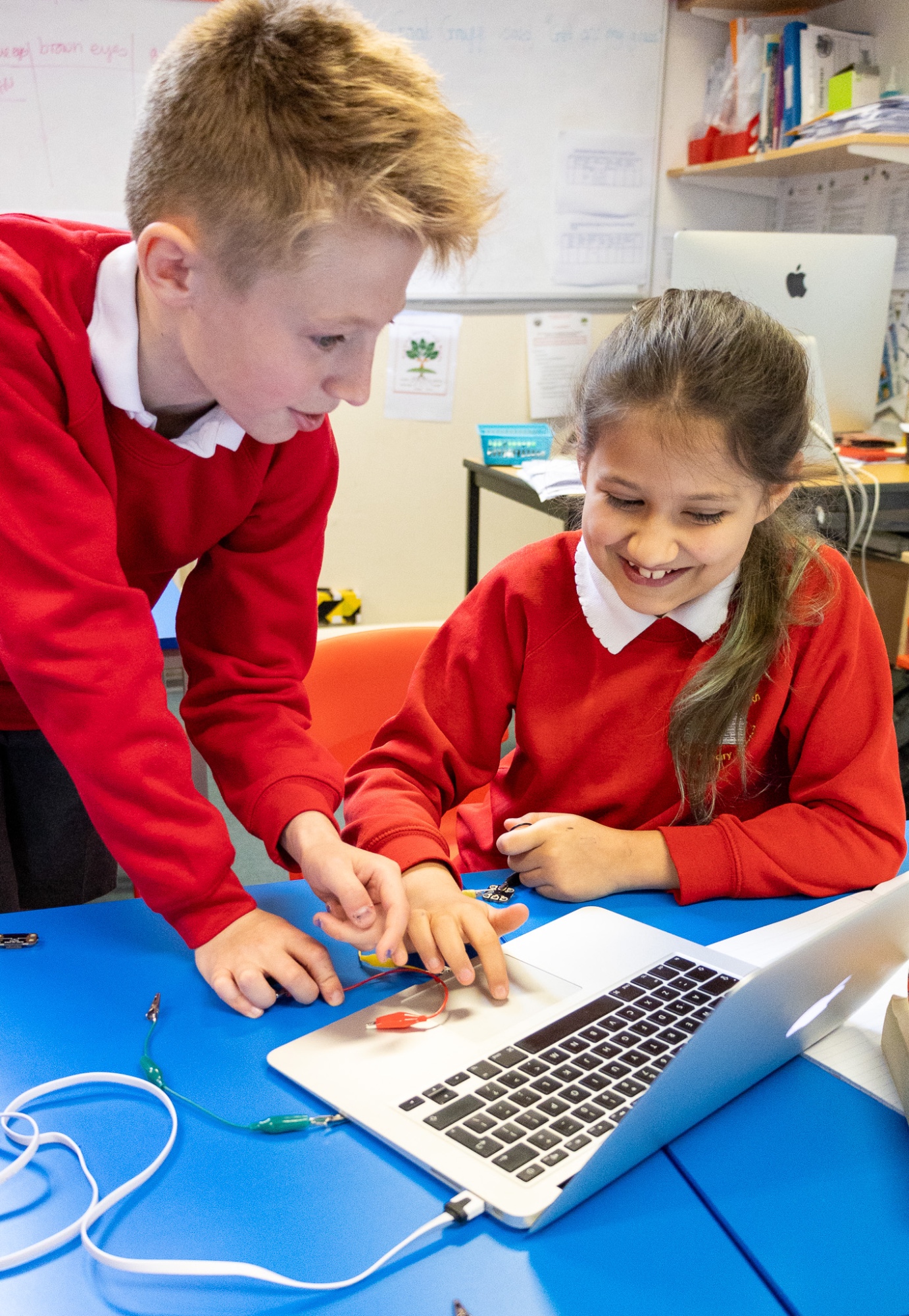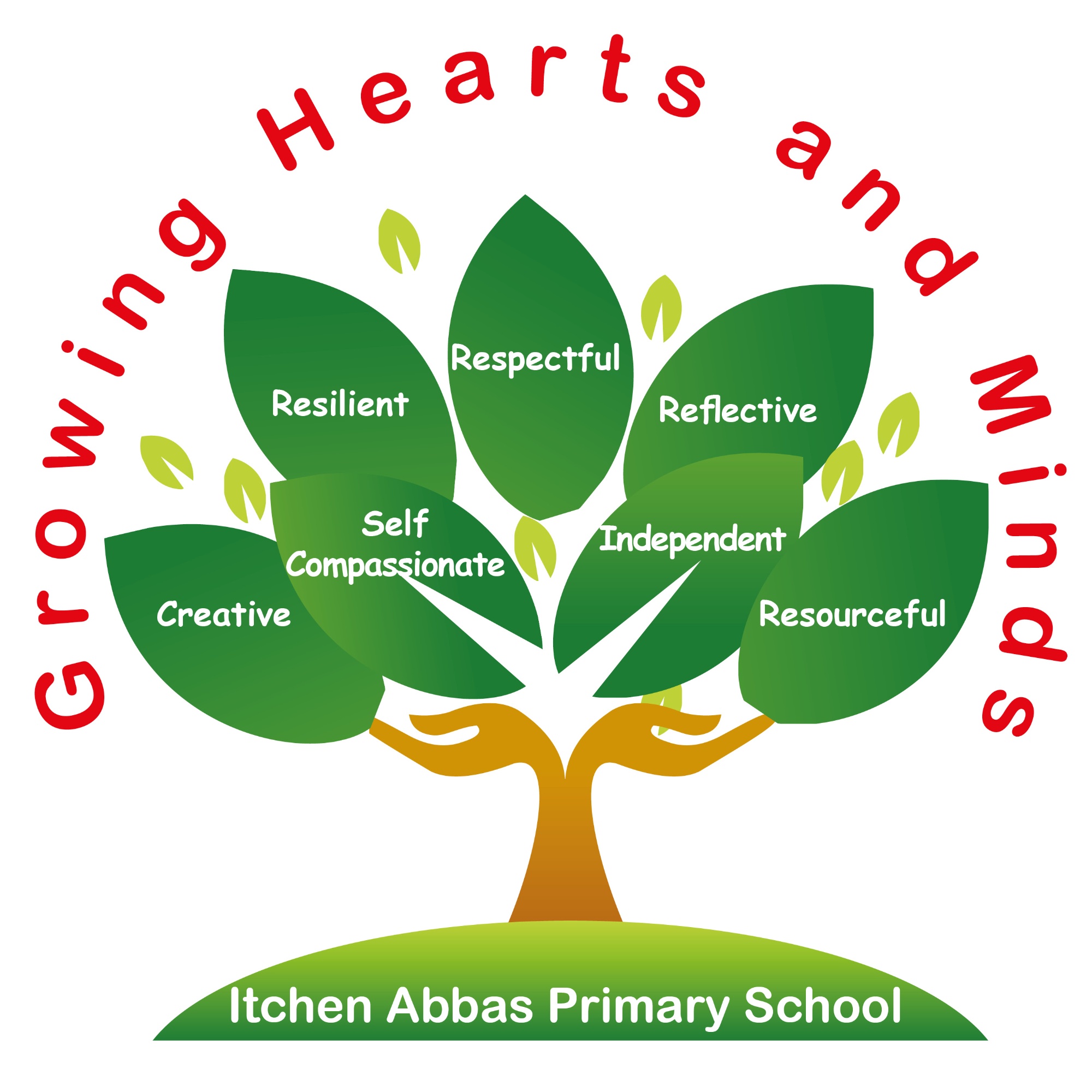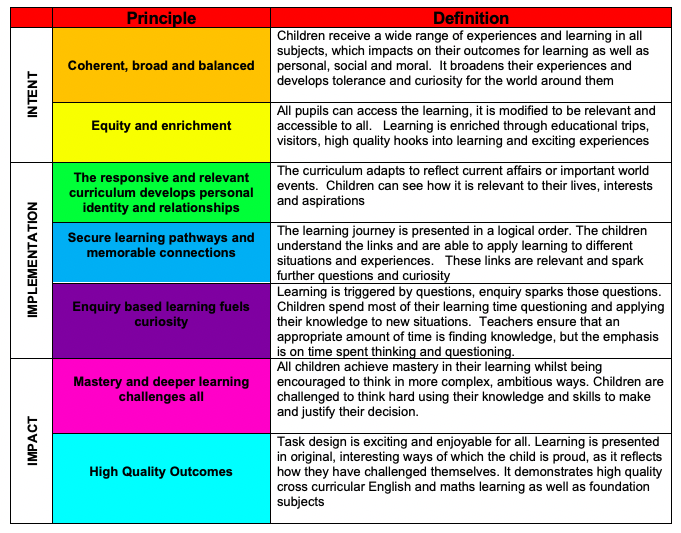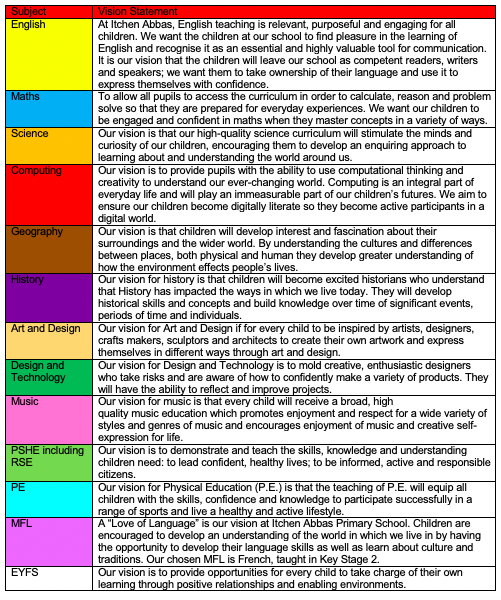Our Learning
"The school has designed an ambitious and interesting curriculum. It sets out what staff intend pupils to learn and in what order. This supports pupils, including those with SEND, to usually build learning over time well. Staff use the well-structured curriculum to support pupils to connect new learning to what they have learned before. Pupils take their learning seriously." Ofsted 2023

At Itchen Abbas, we understand how important it is that the children develop good learning behaviours and attitudes. Evidence shows that for people to be confident, they need four traits – a growth mindset, resilience, courage (to take risks) and self-compassion. These link strongly to our school values displayed on our ‘Heart Tree’ and we focus on these qualities with the children.

We aim for them to develop confidence in themselves as people and as learners. To support this, our teachers think about 'Learning Powers' when planning for the children.
Our Learning Powers are:
- Question
- Succeed
- Evaluate
- Practise
- Review and
- Small Steps
At Itchen Abbas we want children to feel challenged and be able to take risks in their learning; having the self-confidence and positivity to give it a go, even if they think they might make mistakes. We help our children to appreciate that mistakes are important as it is only through trying new things that we can learn.
What is PLT?
In our school, we follow an innovative approach called Personalised Learning Time (PLT). This approach allows us to respond to the needs of the children at the point of teaching. Responsive teaching allows us to diagnose strengths and weaknesses and gather evidence and a deeper understanding of every child.
During morning lessons, every child receives small group targeted learning sessions with a member of the teaching team for English and Maths. This enables the teacher to respond to the needs of the child at the point of teaching – either with greater challenge or support if needed. Verbal feedback is given throughout the teaching session and teachers adjust the lesson precisely to every individual’s needs for that lesson and the next. Whilst the teacher is teaching, the children have a menu of learning tasks to work on, often supported by a teaching assistant. These tasks may relate to English and Maths or they may be from the wider curriculum, which allows more time to be spent on foundation curriculum subjects such as history, geography, science and the arts. We feel that this approach not only allows the children to be taught in small focussed groups, but also have the opportunity to explore tasks that complement their learning in the wider curriculum throughout the day.
The range of tasks set for the children allow them to:
- Investigate new learning
- Apply what has been taught in teacher-led sessions to independent tasks
- Practise things they find difficult
- Stretch and challenge their learning further
We call this IAPS learning!
Please follow the links on the left of this page to find out more about each curriculum subject. Click here if you would like to read the National Curriculum documentation in full.
The aims of our curriculum are to:
- Achieve the aims of the National Curriculum and Early Years Foundation Stage
- Provide equity and inclusion for all pupils, irrespective of background and starting point.
- Develop and apply knowledge, skills, understanding and enjoyment that promotes a lifetime of successful learning.
- Develop responsible young people who make a positive contribution to society.
- Develop confident individuals who lead safe, healthy and fulfilling lives
- Show respect and understanding for all cultures, including our own
- Develop strong partnerships with parents and carers that influence learning at school and home.
Curriculum Design Principles to Inspire and Challenge
Our Design Principles are used to guide planning, organisation and the evaluation process to inform future planning. They are split into three sections
- Intent – what we aim for our curriculum to achieve and provide to the children
- Implementation – how we will achieve our intent
- Impact – what impact we wish our curriculum to have on the children.

Our Subject Vision Statements

If you would like to know more about the curriculum and assessment procedures in school, please contact your child's class teacher who will be able to give you additional information.
